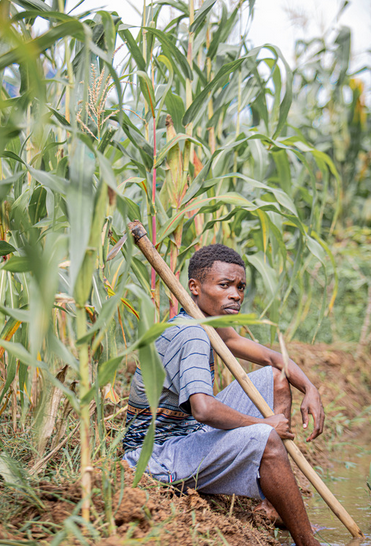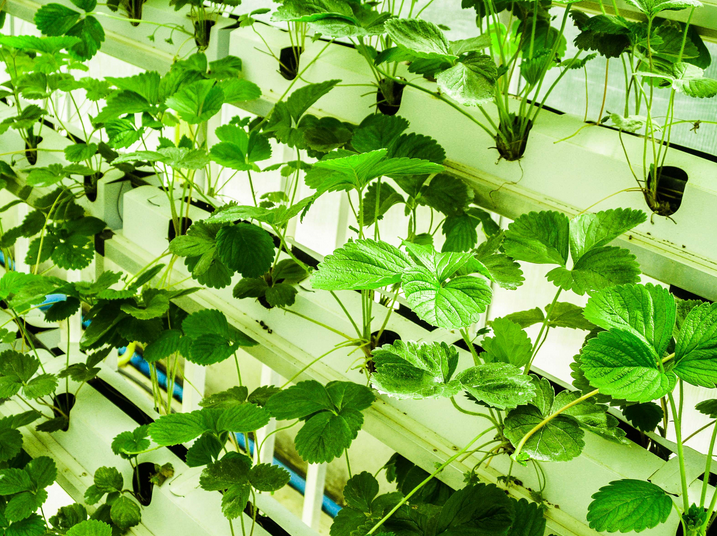AGRICULTURE’S CONTRIBUTION TO CAMEROON’S ECONOMY
Agriculture is a cornerstone of Cameroon’s economy and a critical driver of socio-economic development in Sub-Saharan Africa. Despite its immense potential, systemic challenges continue to limit the sector’s productivity and sustainability. By prioritising agriculture, we can create transformative opportunities that benefit both rural and urban communities while preserving the environment for future generations.

Agriculture plays a pivotal role in Cameroon, contributing approximately 15% of GDP as of 2022*. It also employs 43% of the population, with women comprising a higher share of the agricultural workforce (48.3%) compared to men (38.5%)**. Smallholder farmers are responsible for the majority of food production, forming the backbone of the nation’s food supply.
Despite their importance, smallholder farmers face significant challenges, including:
- Limited access to resources such as quality seeds, fertilisers and modern farming tools.
- Outdated farming practices that hinder productivity and limit crop yields.
- Economic vulnerability, with many struggling to sustain livelihoods or invest in sustainable practices.
Without addressing these issues, they remain trapped in cycles of subsistence farming, unable to contribute fully to food security and economic growth.
INNOVATING FOR RESILIENCE & GROWTH
Advancing sustainable agricultural practices offers a pathway to increased productivity and resilience. By implementing:
- Precision agriculture tools to optimise inputs like water and fertilizer.
- Water-efficient irrigation systems to combat resource scarcity.
- Low-cost sustainable farming techniques, smallholders can bridge yield gaps while reducing environmental impact.
These innovations not only enhance livelihoods but also strengthen food systems, ensuring a stable and reliable food supply for urban and rural populations.

Sustainable agriculture is essential for protecting ecosystems and maintaining biodiversity. With global planetary boundaries under strain, it is critical to:
- Avoid expanding farmland into natural reserves.
- Promote regenerative practices that restore soil health and preserve habitats.
- Address climate adaptation through resilient farming techniques.
By aligning with these goals, we can ensure agriculture supports both economic growth and environmental sustainability.
AGRICULTURE IS THE STARTING POINT
Agriculture has the power to drive change at every level—from empowering individuals to stabiliSing economies. By prioritiSing this sector, we can:
- Tackle food insecurity and unemployment.
- Create equitable opportunities for growth.
- Safeguard our ecosystems for future generations.
At Faith Forward Collective, we see agriculture not only as a necessity but as a pathway to resilience, sustainability and lasting prosperity for Cameroon and beyond.
Data sources: *2021 World Bank Household Survey, **2019 World Bank Employment in Agriculture
